Tag Archive: values
December 26, 2012
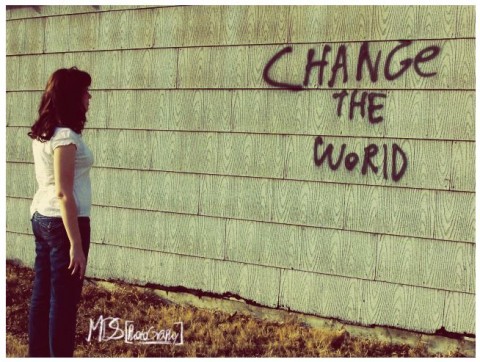
IISC would like to share our Top 5 most influential post of 2012! Join us until the New Years Eve when we reveal our number 1 blog post!
Fast Company’s has a recent cover story on the new and chaotic frontier of business.
Despite recession, currency crises, and tremors of financial instability, the pace of disruption is roaring ahead. The frictionless spread of information and the expansion of personal, corporate, and global networks have plenty of room to run. And here’s the conundrum: When businesspeople search for the right forecast–the road map and model that will define the next era–no credible long-term picture emerges. There is one certainty, however. The next decade or two will be defined more by fluidity than by any new, settled paradigm; if there is a pattern to all this, it is that there is no pattern. The most valuable insight is that we are, in a critical sense, in a time of chaos.
Read More
December 4, 2012
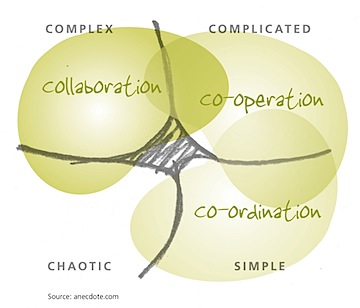
I like to describe IISC as a collaboration shop. We look at collaboration through three lenses. When looking through the lens of networks we are acknowledging a shift from “complicated to complex” (see image). We often rely on the Cynefin framework to encourage an attitude of exploration, a more open attitude than the quest for technical answers that obsesses so much of our work for social change.
I had not seen the overlay of complexity and collaboration that Shawn Callahan articulates so well. I love the work of our friends at Anecdote, and this blog post is a must read:
Read More
November 16, 2012

I recently got to attend two events with racial equity educator and filmmaker, Shakti Butler, in Boston. Her new film, Cracking the Codes: The System of Racial Inequity, is full of stories that help to paint the picture of how race and racism operate in the U.S. – at the internal, interpersonal, institutional and structural levels. Drawing on the work of john powell and others, Shakti emphasizes that racial inequities are constantly shapeshifting, that racism is a dynamic system with multiple layers functioning simultaneously, and that we are all wounded as a result.
Read More
November 14, 2012

Seeing the words “Critical Systems Heuristics” may tempt you to run screaming from this post, but please hang in there while I distill what this important framework and addition to the systems thinking body of work has to offer our social change efforts! CSH is attributed to Swiss social scientist Werner Ulrich and his efforts to bring critical analysis to the boundaries that we construct around and within systems. Far from being primordial, these boundaries and divisions are an expression of what people see and value from their particular perspectives. As Ulrich writes, ” The methodological core idea [of CSH] is that all problem definitions, proposals for improvement, and evaluations of outcomes depend on prior judgments about the relevant whole system to be looked at.” His effort is to help make these boundary judgments explicit so that both those affected by and those implementing such judgements might see alternatives that better serve the whole. Read More
November 13, 2012

Today we often use the word extraordinary to refer to something amazing, something great. The overwhelming re-election of the nation’s first Black President through the worst economic crisis since the Great Depression is a truly extraordinary event.
Read More
November 12, 2012

In the discussion of my post from last week about human connections across political divides, we were exploring the challenge of engaging with people whose views we do not share or even necessarily respect, without disrespecting the person or doing damage to relationships. This week, a young woman named Denise Helms gave me a real challenge.
Read More
November 5, 2012

I don’t usually find listening to public radio overly stressful, but this weekend’s edition of This American Life had me churning. The episode Red State Blue State featured a series of stories of relationships among friends, family members, neighbors and more that were damaged or severed over political affiliations and whom they intended to vote for. In a country where most people live in communities that are largely blue or red, people with minority political views in their community need increasing courage to speak their convictions, or even, sometimes just to live their lives. I found the story of a pair of sisters especially heartbreaking.
Read More
October 22, 2012
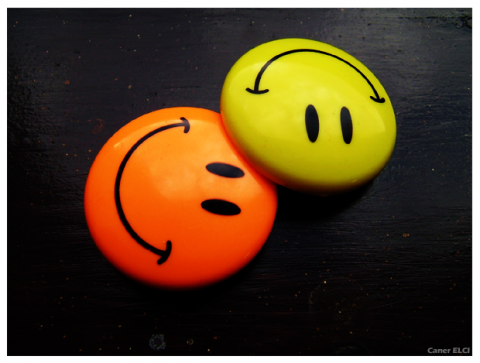 The following is a letter by Akaya Windwood, President of the Rockwood Leadership Institute and member of the IISC Board of Directors.
The following is a letter by Akaya Windwood, President of the Rockwood Leadership Institute and member of the IISC Board of Directors.
Over the past several years, there has been a great deal of international focus on the notion of happiness. While there are many definitions of happiness, here is a composite of my favorites: “emotions experienced when in a state of well-being that range from contentment to intense joy.”
Read More
October 19, 2012
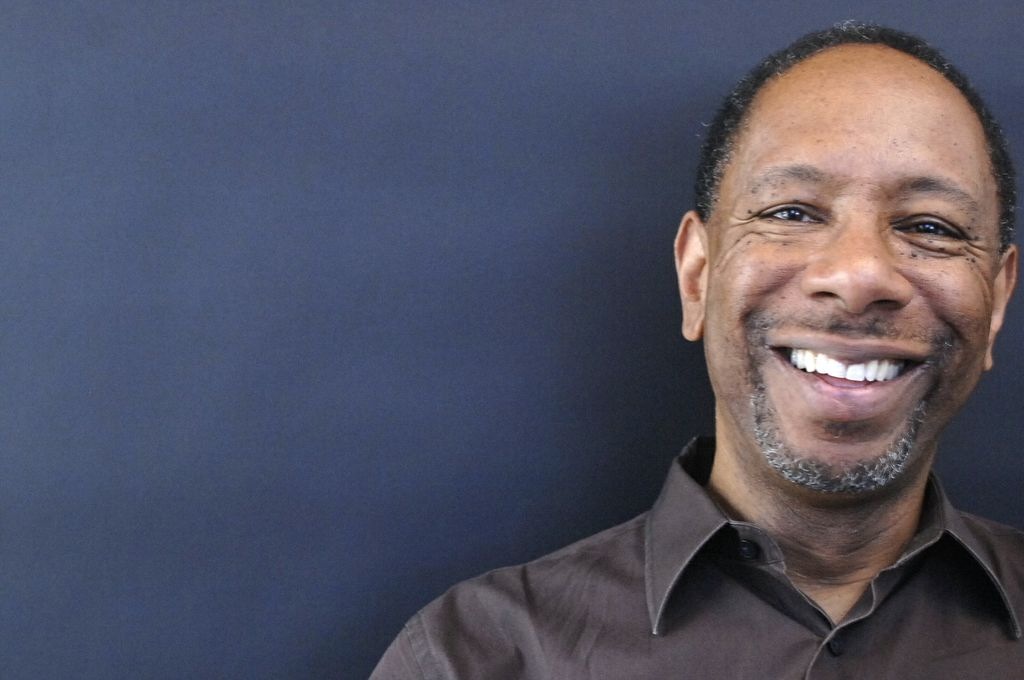
The following is a message from Ceasar McDowell, the new president of the Interaction Institute for Social Change.
Dear Friends of IISC,
Ten years ago when I was going through a critical stage in my life, a friend asked me what I would consider to be my dream job. My answer was pretty simple. I wanted to lead an organization whose primary work was to design processes for complex collaborative efforts aiming at advancing social justice, equity and democracy. I wanted to do this in an organization where issues of power, privilege and race were central, not only to the work we did in the world but in how we engaged with each other to do that work.
Read More
October 15, 2012

“No good work is ever done while the heart is hot and anxious and fretted.” Olive Schreiner
I couldn’t agree more! We’re fond of a related quote that “The success of an intervention depends on the interior condition of the intervener.” Bill O’Brien
I know that it’s hard for me to do good work when I’m fretful, exhausted or feeling insecure.
Read More
October 2, 2012
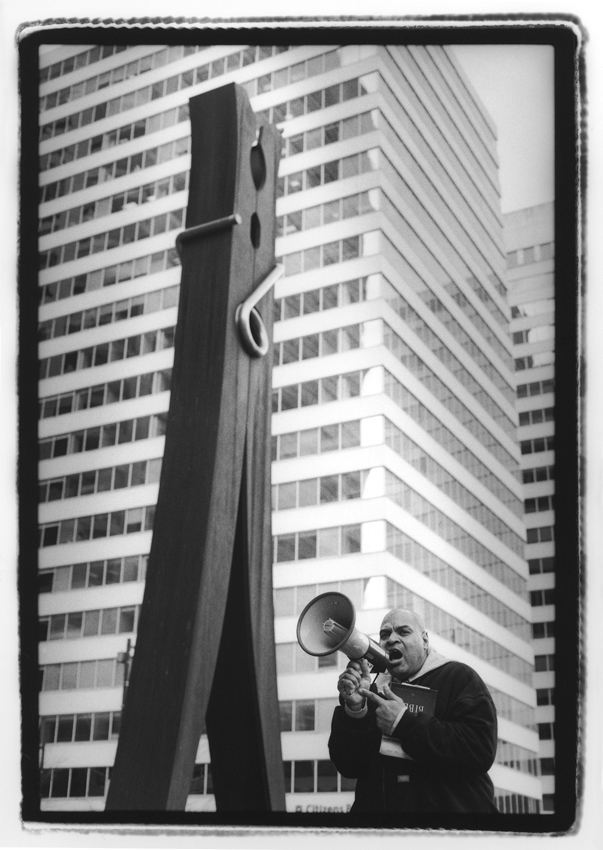
I recently had the privilege of engaging in a public dialogue with Amy Edelstein, senior teacher of Evolutionary Enlightenment. We were brought together to talk about the relationship between active citizenship and active spirituality.
The very idea of citizenship emerges in the context of a trajectory, a movement from less freedom to more freedom. There is something aspirational in it, it is supposed to help us move towards an unfinished project – an ideal.
Read More
September 28, 2012

I’m into networks. It takes a significant shift in perspective to get into networks. We develop aptitudes and ways of being-with that allow us to contend with grater complexity.
I’m so into networks that I had the privilege of participating in a community of practice on networks and decentralized organizing. Networks thrive on trust and relationship and it was with this knowledge that we dove in. We became friends, we grew to love, appreciate and trust each other.
Read More











